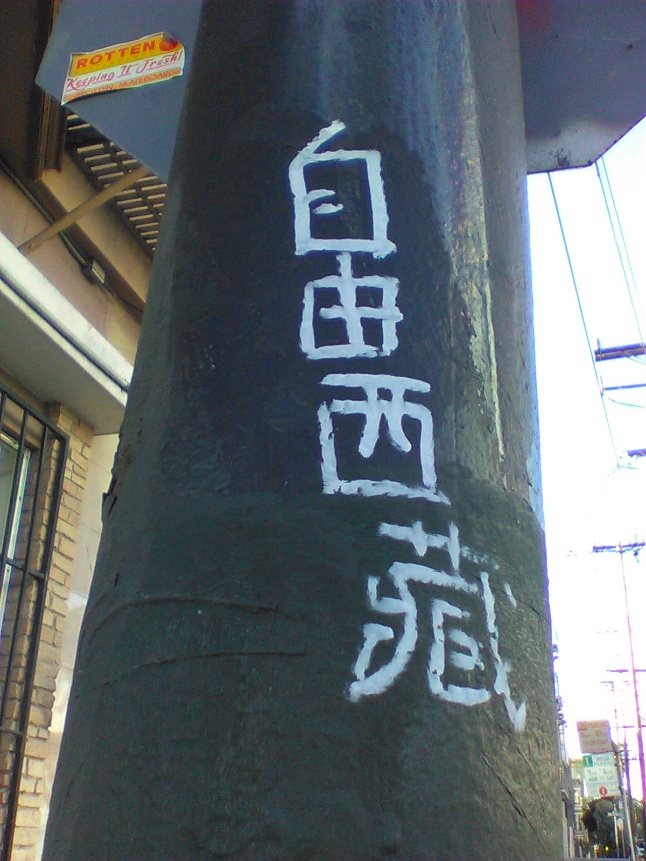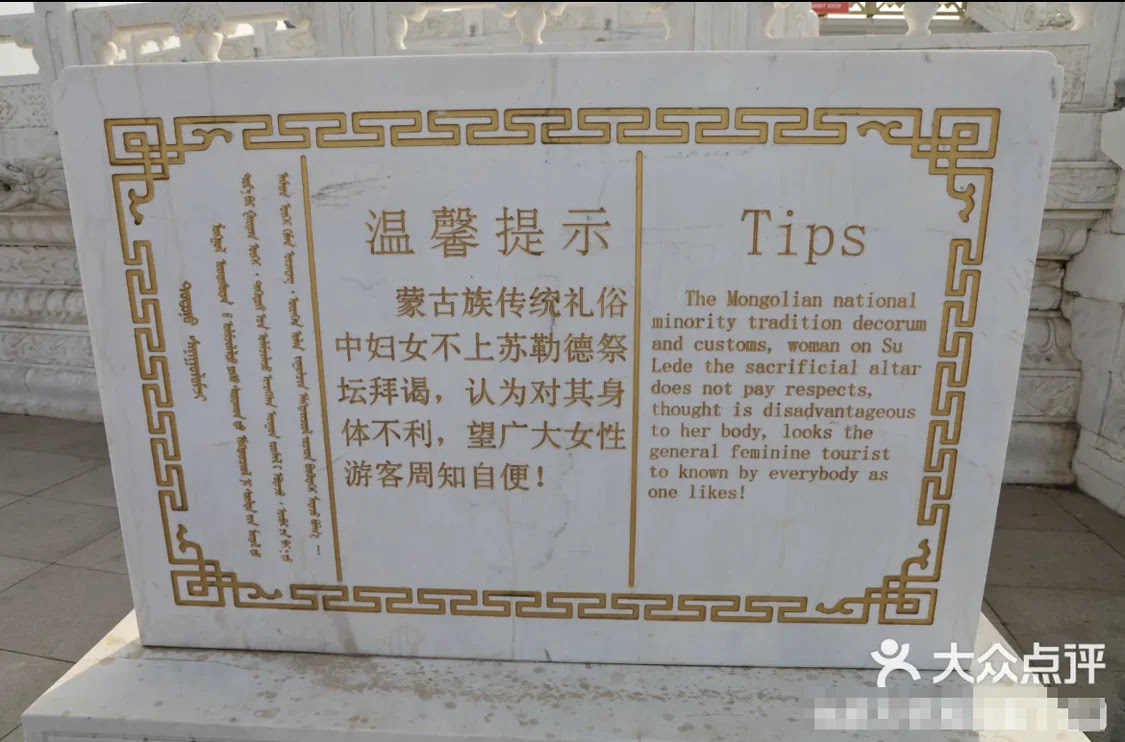I've been interested for some time in the way that (written) English sentence lengths have evolved over time — see "Trends", 3/27/2022, or the slides from my 5/20/2022 talk at SHEL12, "Historical trends in English sentence length and syntactic complexity". It's well known that the titles of published books have undergone an analogous process, but I don't think I've written about it. (Nor do I know of any scholarship on the topic — perhaps some commenters will be able to suggest some.)
A couple of days ago, while looking for the origins of an idiom, I stumbled across a contender for the title-length championship in in an interesting work from 1740 (image here):
THE ART of READING: OR, THE ENGLISH TONGUE MADE Familiar and easy to the meanest Capacity. CONTAINING, I. All the common words, ranged into distinct tables and classes; as well in regard to the number of letters in each word, as to the easiness of pronunciation, and the bearing of the accent. With useful notes and remarks upon the various sounds of the letters occasionally inserted in the margin. II. A large number of lessons, regularly suited to each table. III. An explanation of several words; particularly such as are of the same, or nearly alike in sound: designed to correct and prevent some orthographical errors and mistakes. IV. Some observations, rules, and directions, relating to the reading and writing English properly and correctly. The whole done after a new and easy Method. Approved of, and recommended, as the best book for the use of children, and all others, who would speedily attain to the knowledge of the English tongue. By P. SPROSON, S. M.
Read the rest of this entry »




